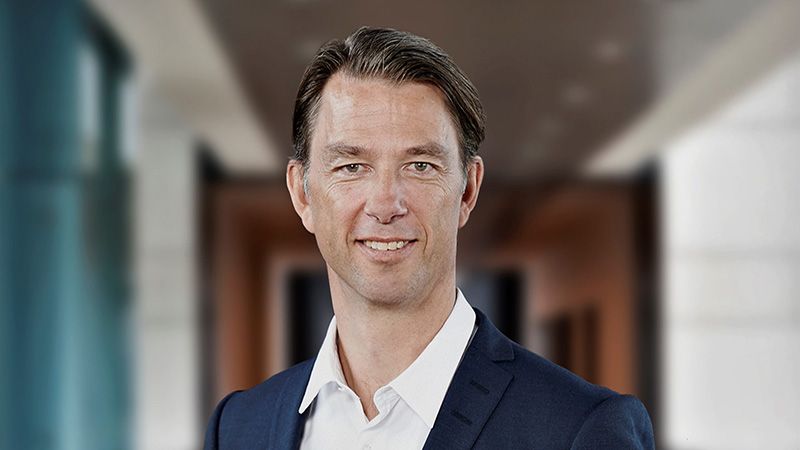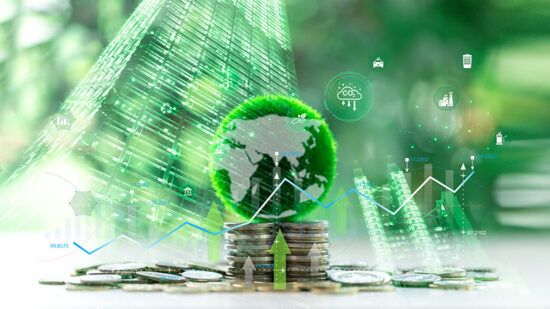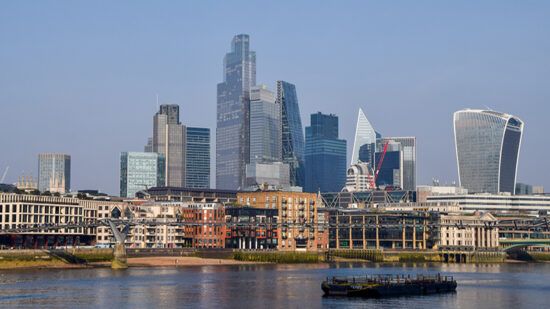From sprawling farmlands to bustling factories, the global food industry operates through a vast and intricate network of interconnected supply chains spanning the globe. This complex system, vital for bringing food to our tables, is driven by immense resource demands, logistical challenges, and environmental impacts, raising urgent questions about its long-term sustainability, efficiency, and resilience.
Beyond stocking supermarket shelves and feeding billions, the global food system is a major contributor to our current ecological challenges, accounting for roughly 30% of global greenhouse gas emissions and nearly 70% of the world’s freshwater withdrawals.
More output and fewer resources
According to the World Bank, global agricultural production will need to increase by an additional 50% by 2050 to meet the needs of Earth’s growing population. The Oxford Future of Food programme highlights that food producers must accomplish this significant increase in output while simultaneously reducing their climate and environmental footprint significantly.
Fortunately, governments, food producers, and other stakeholders are employing a wide range of innovative strategies to enhance the sustainability of the world’s food system. These efforts include stricter supply chain due diligence, the reduction of pesticide use, and significant investments in sustainable fertiliser production. However, this is a planet-sized task that demands active participation not only from policymakers and the food industry but also from consumers and other sectors of society.
The power of capital allocation
As investors, we have the power to influence companies. The targeted and strategic deployment of capital can play a role in equipping, empowering, and augmenting the sustainable producers of the future, while also reorienting traditional producers towards the sustainable practices that are crucial for ensuring the continued viability and resilience of our global food supply, while alleviating climate, water and other types of environmental stress.
Older and more traditional food suppliers face challenges similar to those of energy-industry incumbents – many of the models on which their businesses were built and expanded are increasingly unsuitable for the low-carbon economies we now recognise as essential. Focus areas in this regard notably include animal husbandry and the deforestation linked to changes in land use.
Both institutional and private investors can contribute to holding companies accountable in this landscape.
While the global food industry represents a resource-intensive and dauntingly complex system, it’s important to remember that investors can and do make a difference. In addition to allocating capital to firms employing exciting new technologies, investors can help established food producers to adjust existing policies and manufacturing techniques.
Nestlé: Engaging to promote positive change
Nestlé is a prime example of a major food supplier that continues to make positive environmental strides. With over 2,000 brands – including household names like Nespresso, Maggi, and KitKat – the world’s largest food and beverage company faces heightened deforestation risks linked to ongoing agricultural expansion, and the environmental and social impacts of its operations extend far beyond the company itself.
In response to these challenges, regenerative agriculture has emerged as a cornerstone of Nestlé’s net-zero strategy. Nordea began engaging with Nestlé in 2018, working collaboratively to help the company transform its agricultural practices in a way that supports long-term food security. Among our objectives were increasing transparency within the supply chain, protecting biodiversity, and improving soil health.
Encouragingly, Nestlé has set ambitious targets for sourcing raw materials from farmers employing regenerative practices. Furthermore, the company has made significant progress over the past six years in improving supply chain transparency for deforestation-linked ingredients such as palm oil, sugar, and soy – achieving an impressive 97.9% traceability rate in 2023.
The company today has approved near and long-term science-based emissions reduction targets with the SBTi. The SBTi has validated Nestlé’s net-zero science-based target by 2050. These targets include its specific Forest, Land and Agriculture (FLAG) sector objectives for 2030 and 2050. The company is delivering its roadmap through emissions reductions and value chain removals. Importantly, It does not use offsets/voluntary market credits to deliver against its SBTi-validated targets, and has discontinued its former practice of claiming carbon neutrality for specific products, based on the purchase of carbon offsets.








